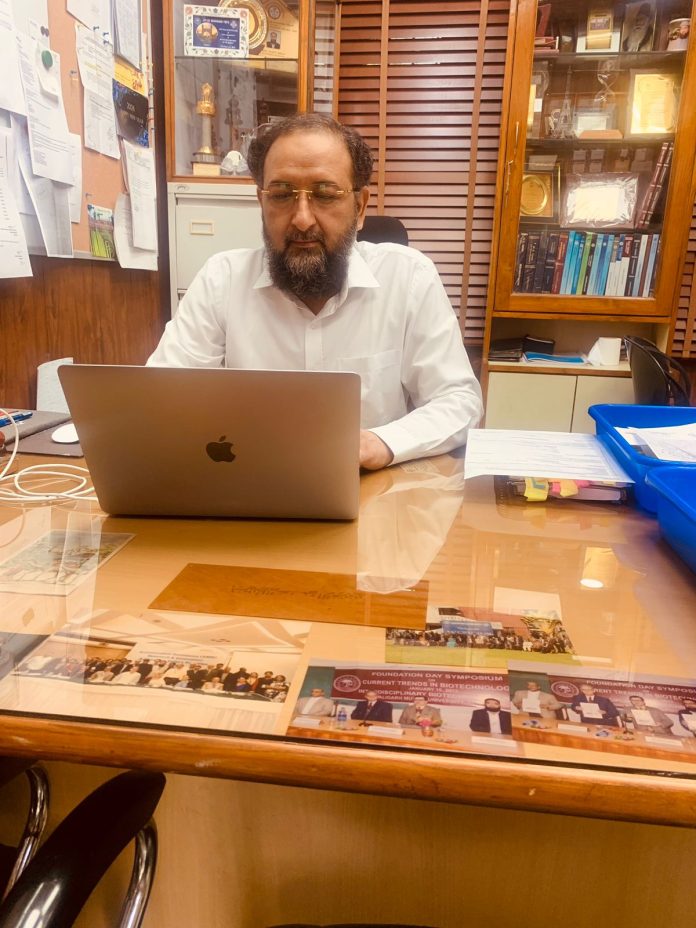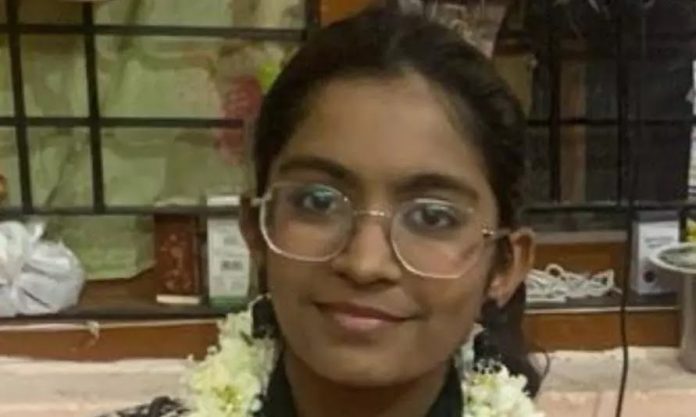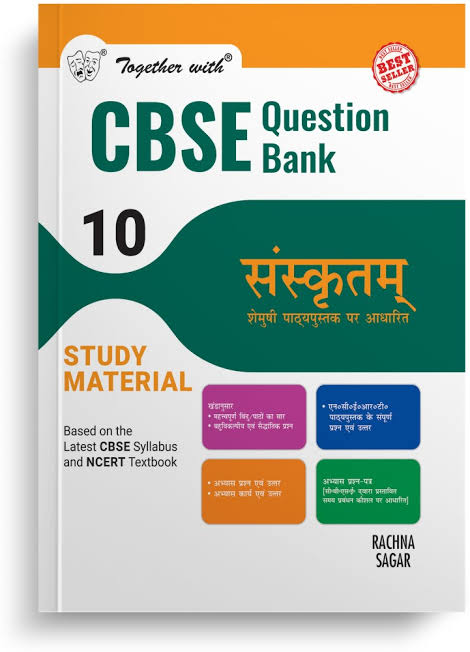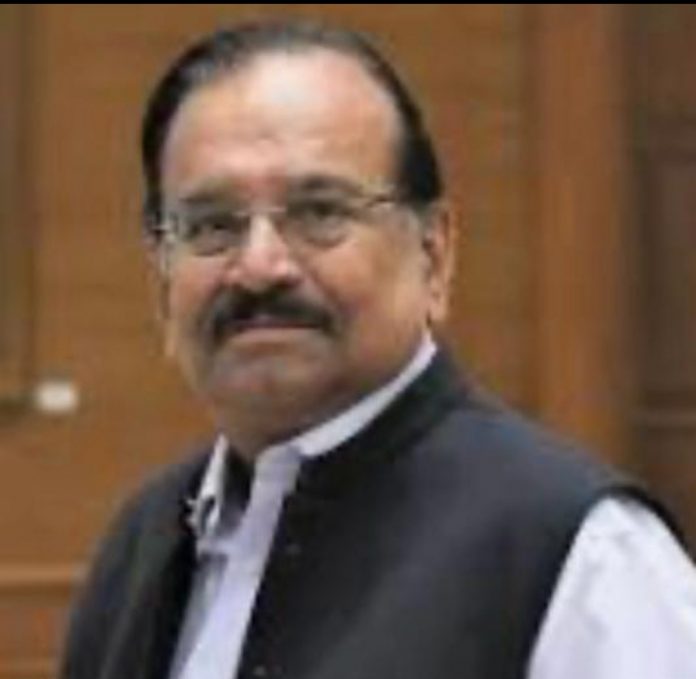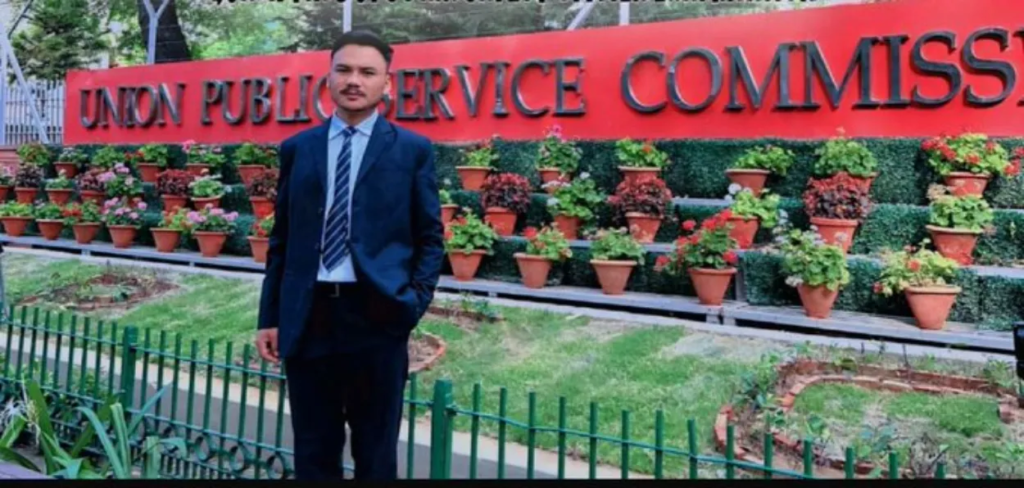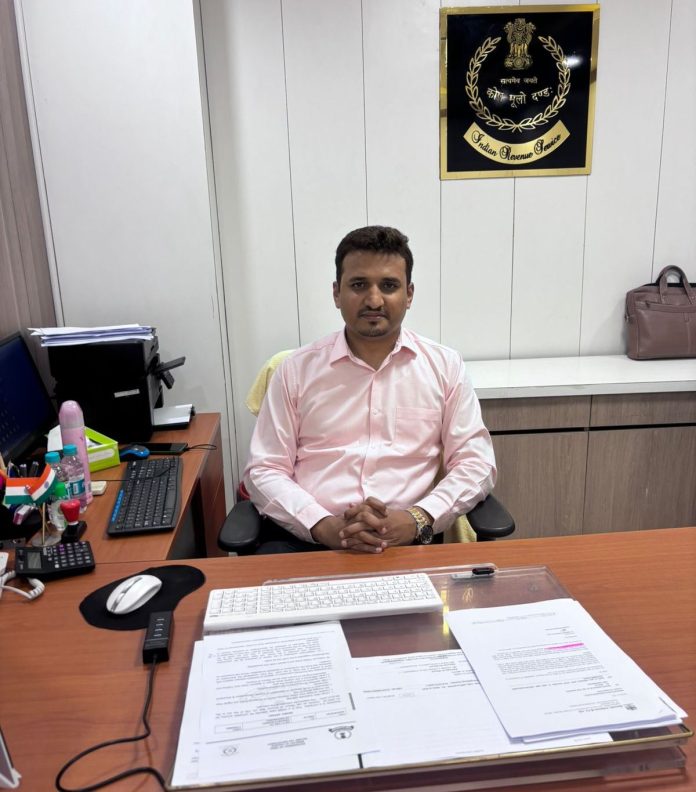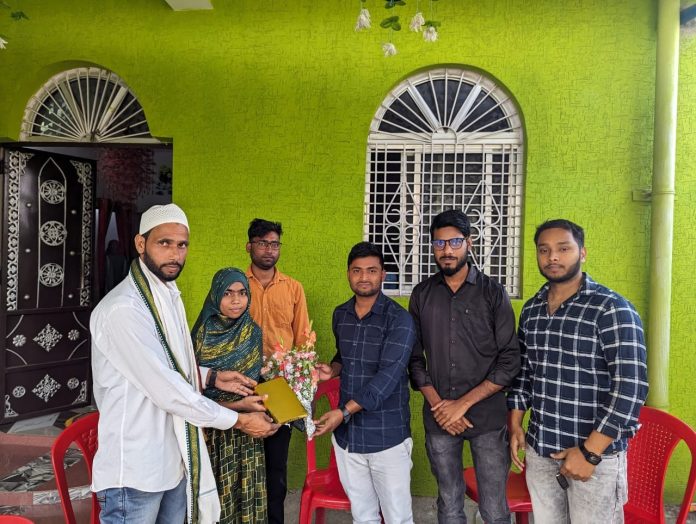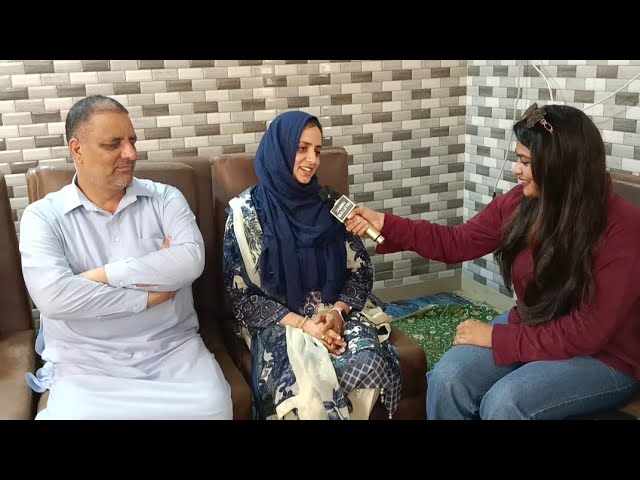Mumbai, MAHARASHTRA :
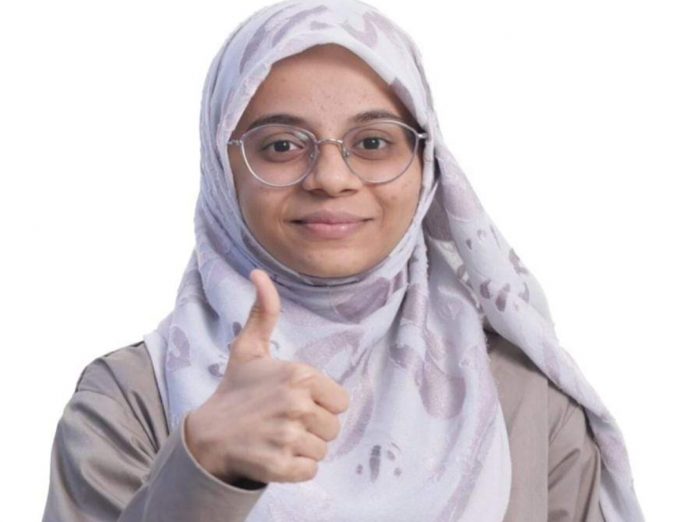
Amina Arif Kadiwala
Amina Arif Kadiwala, an Urdu medium student, has achieved an extraordinary feat by securing the first position in the All India NEET UG 2024 examination. Hailing from Madni High School in Jogeshwari, Mumbai, Amina outshone approximately 25 lakh students across India to claim the top spot. Her success is particularly remarkable given the competitive nature of the exam and the high level of preparation required.
Amina’s journey to the pinnacle of NEET UG 2024 is a testament to her dedication, hard work, and perseverance. As an SSC student from an Urdu medium background, she faced numerous challenges but remained steadfast in her pursuit of excellence. Her achievement has not only brought pride to her family and school but also serves as an inspiration to countless other students from similar backgrounds.
Madni High School, known for its commitment to providing quality education, played a significant role in nurturing Amina’s talent. The school’s supportive environment and dedicated teachers provided her with the guidance and resources needed to excel in her studies. Amina’s accomplishment underscores the importance of providing equal educational opportunities to students from all linguistic and socio-economic backgrounds.
Aspiring to study MBBS, Kadiwala has studied till class 10 in Urdu and then took admission into SVKM’s Mithibai College. She completed her schooling at Madni High School, Jogeshwari.
She revealed that initially, it was a challenge for her as she was weak in English, but slowly she learned the language and aced the exam
Amina’s success story has garnered widespread acclaim and admiration. Her exceptional performance in the NEET UG 2024 has opened doors to some of the best medical colleges in the country, paving the way for a promising career in medicine. As she embarks on this new journey, Amina is determined to continue working hard and making a positive impact in the field of healthcare.
In an era where the importance of education cannot be overstated, Amina Arif Kadiwala’s achievement stands as a beacon of hope and motivation for aspiring students across India, demonstrating that with determination and hard work, any obstacle can be overcome.
source: http://www.muslimmirror.com / Muslim Mirror / Home> Indian Muslim> Positive Story / by Muslim Mirror Staff / June 05th, 2024
